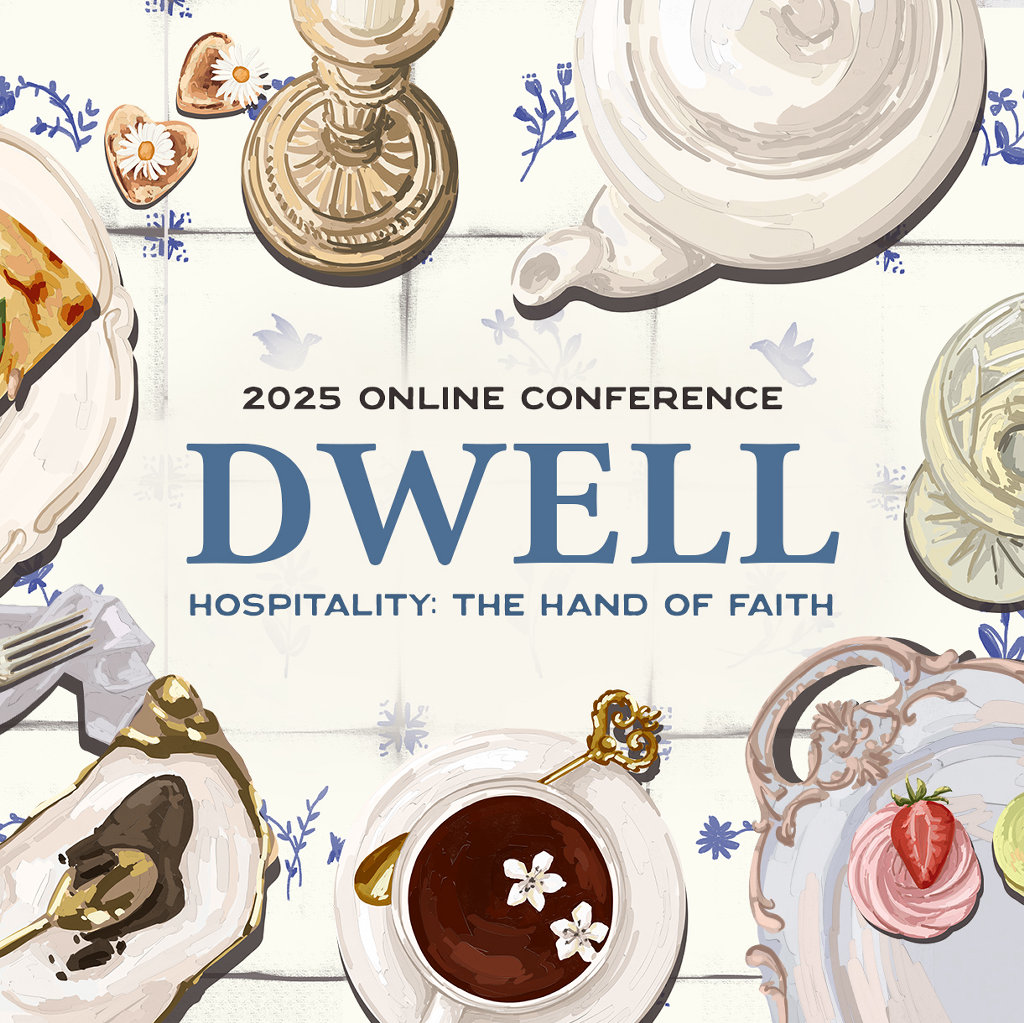Can We Talk About What Happened In D.C. The Other Day?

Student: Can we talk about what happened in the capital yesterday?
Gibbs: No.
Student: Mr. Gibbs, these are historic times. I think we would all benefit from discussing what is happening to our country.
Gibbs: How would we all benefit from it?
Student: We could think through everything on a deeper level.
Gibbs: And what tools would we use to think through what is happening?
Student: Scripture, common sense, and the tools you’ve given us through our study of classic literature.
Gibbs: I see. In the last day or so, how much time have you already spent discussing these important recent events?
Student: Quite a bit.
Gibbs: And I suspect you will keep discussing these important events outside of class, too, so why spend even more time in class discussing them?
Student: The conversations we have in class have a different sort of feeling to them. Class conversations are more dignified, more weighty. I want to lend that weight to these important events.
Gibbs: Have your conversations thus far not had dignity and weight?
Student: Not exactly. I heard my dad use the “f” word for the first time while watching the news last night.
Gibbs: I’m sure your father would not be pleased to know you’re passing on that sort of information. However, if you’ve never heard your father use that word before, he is a better man than I am. I would let it go.
Student: I wasn’t exactly scandalized.
Gibbs: Have you ever wondered why class conversations have a dignified, weighty feeling to them?
Student: Because we are in the classroom. Anything that happens in the classroom is special.
Gibbs: Have you asked all your teachers to discuss these important recent events?
Student: Well, no. Not every classroom feels like your classroom.
Gibbs: Consider these other classrooms that don’t feel like my classroom—do you often discuss current events in those classrooms?
Student: More often than we do in your classroom.
Gibbs: One of the reasons my classroom feels dignified and weighty is that we don’t talk about recent events here. This classroom is set apart from the world and devoted to uncommon things, things that have stood the test of time, beautiful things, true things, virtue, holiness.
Student: But we could talk about important things in this class, too.
Gibbs: I promise you that it is far, far more important for you to think through the fourth canto of the Purgatorio deeply than it is for you to think through the news cycle deeply—at least at your age, but maybe at any age.
Student: Why?
Gibbs: Thinking through the works of Dante deeply is what makes it possible to think through the news cycle deeply, but you have hardly finished your study of Dante, which means you don’t have the tools you need to think through the news cycle. You’re still receiving those tools. If we paused on Dante and Boethius to discuss every important current event, we would never actually read Dante.
Student: Don’t you think some current events are more important than others?
Gibbs: I do, but as an amateur historian, I think it is impossible to tell which events will ultimately prove more important than others. I know Dante is important, though. There is no question about it.
Student: I don’t know. These particular recent events seem especially important to me.
Gibbs: Are they more important than what will happen tomorrow?
Student: I couldn’t say.
Gibbs: Perhaps even more important events will happen tomorrow—events that will make yesterday’s important events seem unimportant by comparison.
Student: Well, then we should talk about those events, as well.
Gibbs: It’s not that we should talk about them. We will definitely talk about them. We just won’t do so in my classroom because we will be talking about Dante instead. It is worth noting, though, that there is more than one way to talk about current events.
Student: What do you mean?
Gibbs: A profitable discussion of current events always begins in antiquity. There is much confusion about this, though, especially among seniors at this school who are trying to choose thesis topics. They invariably want to talk about current events—the sex trade, race, bioengineering—and they think their papers will be as gripping and vital as the headlines are. The thing is, if you want to say something compelling, coherent, stable, and durable about race or bioengineering, you’re going to have to reach back quite far in history and appeal to Augustine, Aquinas, Aristotle, Plato, Luther, and so forth. A good thesis paper on the subject of bioengineering will ultimately say very little about current events.
Student: That doesn’t seem very satisfying.
Gibbs: No, it just doesn’t sound very exciting. But if you want to say something about race, gender, or bioengineering that will last, you’re going to have to appeal to sources that have already lasted. If you want to blaze a new trail of thought on gender or race, your children will do the same—and condemn you as a bigot while they do. In the end, you have to know a lot of interesting things that have nothing to do with current events in order to say anything interesting about current events.

Joshua Gibbs
Joshua Gibbs is the director of The Classical Teaching Institute at The Ambrose School. He is the author of Something They Will Not Forget and Love What Lasts. He is the creator of Proverbial and the host of In the Trenches, a podcast for teachers. In addition to lecturing and consulting, he also teaches classic literature through GibbsClassical.com.








